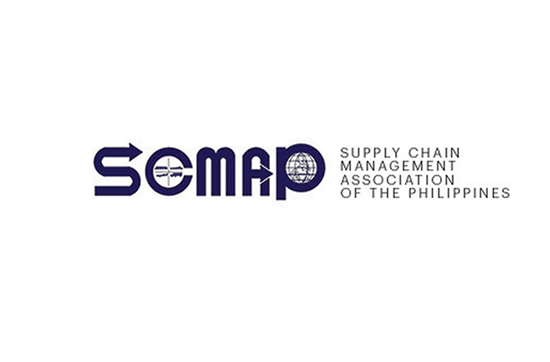It has become clear that we are all in this for the long run.
We may find, say, a vaccine that will definitively prevent the spread of COVID-19. Efforts continue apace, and already I’ve seen some reports speculating on who should be prioritized when the vaccine does get finished. Idle speculation, sure, but it does provide a glimmer of hope.
But before that happens, we will have to deal with a disease whose ways can be pretty elusive. As I write this, Beijing is seeing a new set of travel restrictions after a spike in COVID-19 cases. New Zealand, which just weeks ago declared itself to be free of the disease, now has three new cases. Here in the Philippines, the trend continues to go upwards, partly because testing capacity has improved, and partly because reporting remains inconsistent and outdated.
Beyond the immediate health issues, though, the impact of this pandemic will last long and hit hard. Countries around the world are starting to grapple with the long-term economic effects of the virus, particularly as travel restrictions put a damper on consumption. Here, we’re still feeling our way out of the strictest of restrictions, with some businesses tentatively reopening and many others grappling with the impact of alternative working arrangements. (Cebu City has even returned to enhanced community quarantine due to a continued rise in cases; the fact that this was announced mere minutes before it took effect must have not helped.) Our unemployment rate is at its highest ever. An SWS survey states Filipinos believe their lives has gotten worse over the past year, something surely exacerbated by COVID-19.
This points at consumer confidence collapsing. It’s not just because malls are closed and we haven’t been able to go out. Businesses, particularly MSMEs, are reaching their breaking point and are being forced to close. Unemployment will linger as companies are forced to pursue further efficiencies and certain industries – tourism, entertainment, retail – are forced to operate minimally or close completely. Spending power will go down. People, particularly those in the lower classes, may not just have enough money to spend on products and services. The mindset that you can’t do anything beyond what keeps you alive—and the continuing lack of confidence in the government’s handling of the crisis—is going to eat further on the country’s morale; an intangible factor that will bring us in a further slump.
Clawing our way out of this will be a long process, and we have no choice but to stick with it, work on it, continuously work on it.
Now seems the perfect time to focus on the supply chain sector.
I’m not saying this to beat the drum for the industry that we represent. This is not to say that the interests of the supply chain sector is more important than, say, agriculture, or tourism. However, in the past few months there has been a greater recognition of just how important our work is to keeping the economy going, continuing to connect the businesses that are allowed to operate, providing a lifeline not just to those entities but to the people that rely on them. Imagine allowing supermarkets to operate but not the people that deliver stocks to them. Pointless.
As we move forward, it is the supply chain sector that can provide a major contribution to ensuring the industries that have been hit hardest by the pandemic can bounce back. Take tourism. It’s supply chain which will ensure hotels and resorts can provide the best service to its patrons—the freshest food, the best facilities. The work to ensure our supply chain is efficient will also help—better transport networks to bring employees and patrons over, for instance. Also, that great intangible, the impact on morale. When you’re having a good time, you will gain more confidence, and you will, well, spend more money. That’s how the economy goes round.
We’re already seeing government-led efforts to ease the transition, somewhat: a push towards greater e-commerce adoption, towards better connections between farms and stores, towards a more cashless society. Construction on flagship infrastructure projects have even resumed. But for the Philippines to truly win this fight against the long-term impact of COVID-19, it must turn to the issues the supply chain sector has been tackling. To ensure our players can truly take advantage of what technology has to offer, we must bridge the digital divide. To ensure that our logistics frontliners are truly capable to do their work and move up the ladder, we must address issues concerning education (really important now that we are pretty much forced to go online learning). To ensure that we can best serve our customers, we must address conflicting and outdated regulations, physical and virtual bottlenecks, and the limitations imposed by a culture that sometimes punishes collaboration.
That, coupled with robust social programs that will bridge the gap for those worst affected by the crisis, will go a long way to regain confidence in consumers—the very people who ultimately run this economy. Maybe in turn we can restart better, too.
Henrik Batallones is the marketing and communications director of SCMAP, and editor-in-chief of its official publication, Supply Chain Philippines. More information about SCMAP is available at scmap.org.





